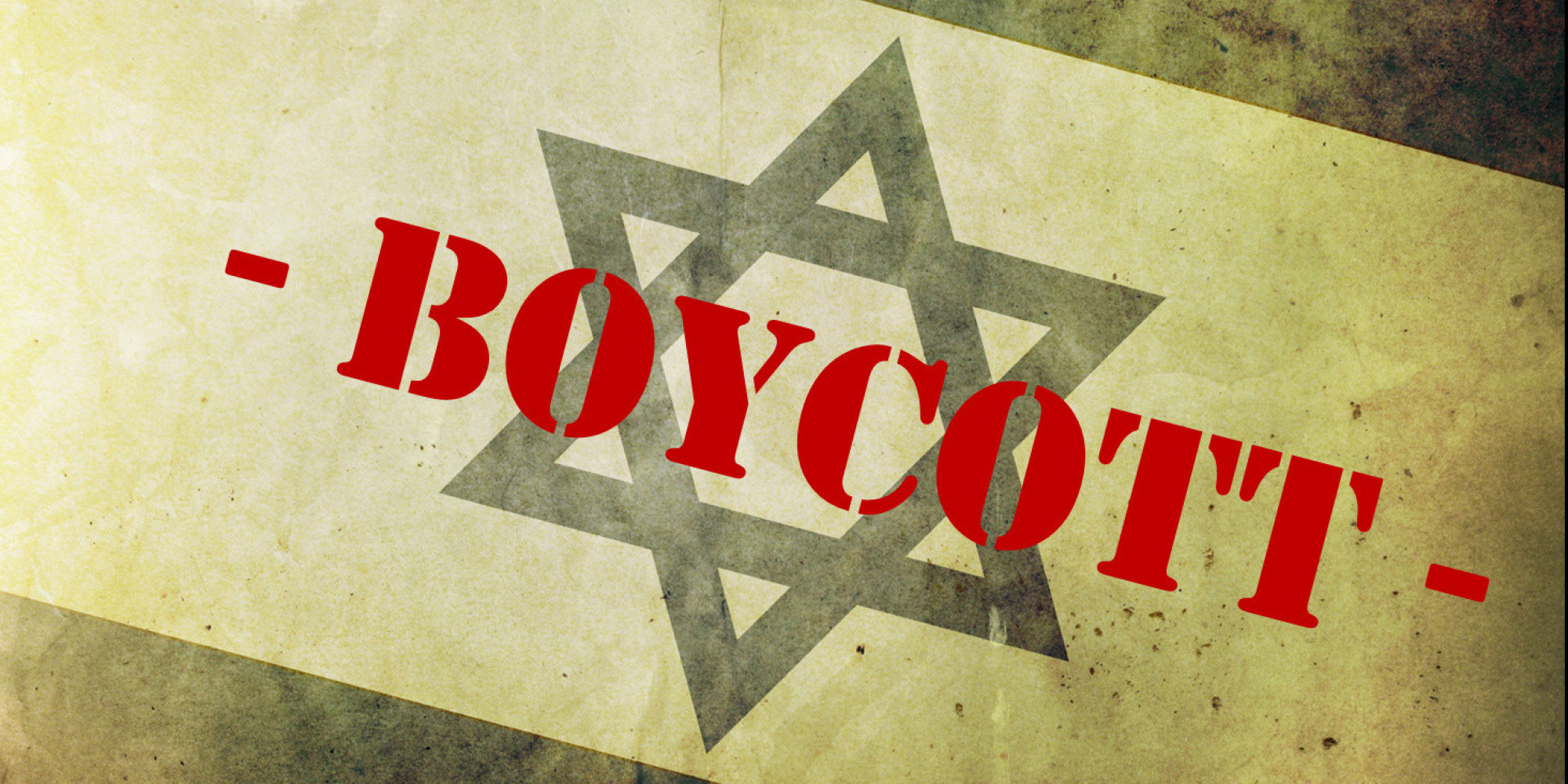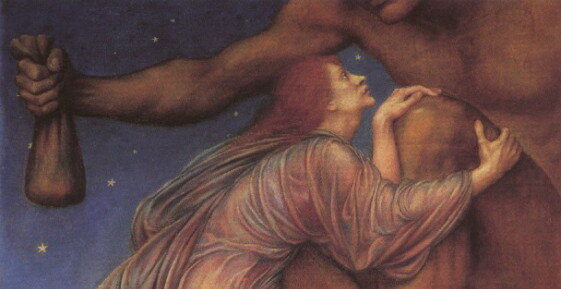CV Michael Ledeen: Freedom will triumph
The wave of peaceful revolutions from South America to eastern Europe shows what can be achieved in the Middle East, writes Michael Ledeen
For those of us who believe that the western world, and especially the United States, should support democratic revolution whenever possible, the past 25 years have been extraordinarily encouraging. Everyone knows about the dramatic and peaceful defeat of the Soviet Empire, but few recognize the dimensions of the revolutionary tidal wave that began in those years.
When Ronald Reagan came to office, for example, there were only two elected governments in South America (Venezuela and Colombia), but by the time he left, just eight years later, there were only two unelected governments from the Rio Grande to the South Pole (Cuba and Surinam). At the same time, democracy established new strongholds all over the world, even in sub-Saharan Africa. This was all the more remarkable because the transition from dictatorship to democracy was invariably accomplished peacefully. We are now used to such peaceful transformations, but at the time most people believed that tyrannies could not be overthrown without considerable violence. After all, the most conspicuous previous examples of dictatorship-to-democracy were Japan and Germany after World War II, when dictatorship was destroyed in war and democracy was imposed by military occupation.
Popular protest
That model was broken by post-Franco Spain, which inspired Latin America first and then central and eastern Europe. The vast democratic revolution that started about 30 years ago has continued, from Ukraine and Georgia to Central Asia and, most recently, to the Middle East. Who would have imagined the Syrian army driven out of Lebanon by popular protest? Or the first glimmerings of democratic elections in Saudi Arabia? Or two full rounds of free and fair elections in Iraq and Afghanistan?
Many experts scoffed at the very idea of free societies in the Middle East. They long argued that democracy is an alien concept to Muslims, and that Islam will have to undergo some sort of “reformation” before democratic revolution is possible. There is even a lot of misguided talk in intellectual circles to the effect that democracy is inappropriate to some peoples and some countries. For the most part, this theory is just another form of racism, as if there were something in Arabs’ or even Muslims’ genetic code that makes them incapable of self-government and somehow phobic to freedom.
But the history of the region suggests otherwise: those chromosomally- and culturally-challenged Arabs and Muslims created great civilizations that preserved scientific knowledge and philosophical wisdom at a time when the Europeans, with their presumably superior genetic material, were mired in the Dark Ages, soon thereafter institutionalizing the Inquisition and the burning of heretics at the stake.
Those who argue for the cultural or genetic theory of democracy have conveniently forgotten that, in the very recent past, western Europeans with glorious cultural traditions freely embraced tyrannies of their own, including some of the worst in human history.
Inherited from the west
During, and shortly after, World War II, there were those who believed that there was something fundamentally (perhaps incurably) rotten in the German or Italian soul, but there are few who believe that today. Why should we believe that the heirs of Averroës, the Arab-Spanish physician, and Suleiman the Magnificent, whose Ottoman rule was noted for its cultural achievements, have mutated into malignant monsters incapable of tolerant self-government? Paradoxically, the virulent anti-Semitism in which so much of Middle Eastern popular culture is now drenched came from western Europe in the first place. Muslim anti-Semites often sound like Nazis because they copied it from the Führer.
Other objections have been – and will be – raised against calls for support of democratic revolution in the Middle East. Even many of those who sympathize with the goal with great passion and undoubted good faith worry that anything we do to encourage it will only produce greater misery and greater repression. Better to leave bad enough alone, they say, and to encourage a gradual evolution of Islam in a more tolerant and “moderate” direction.
This is an old story. I heard many of the same objections during the Reagan years, when those of us who applauded the president’s call for an end to the Soviet Empire and freedom for the captive nations were branded as hopelessly-brainwashed ideologues. Events proved Reagan was right. The victims of communism told us that when they heard Reagan describe the “Evil Empire” for what it was, they gained new hope and redoubled their efforts to bring it down.
So it should be with the democratic forces in Iran and Syria, and elsewhere in the region. As Condoleezza Rice, the American secretary of state, recently said in a memorable speech in Cairo, we should have supported democracy in the Middle East a long time ago and, in what is likely to be the crucial foreign policy test of this period, we should also support it today in China. When tens of thousands of Chinese suddenly erupt against the regime, as they did on Christmas Day, 2004, it shows us the intensity of popular resentment, and the people’s desire to extend the economic freedom they now have to include the political freedom they are denied.
Alexis de Tocqueville famously predicted that the destiny of the world would be determined by the inevitable conflict between America and Russia, because each embodied a fundamental political principle: America the principle of equality, Russia the principle of tyranny.
Freedom and tyranny
As de Tocqueville recognized, we can no more avoid the enmity of tyrants than we can abandon our national quest to perfect our own search for liberty and happiness. They must attack us, because our very existence threatens the tyrants’ legitimacy, and thus their power. They have always attacked us for what we are, rather than for any given policy of ours. They must do this, because the very existence of free, successful and tolerant societies threatens their legitimacy.
I do not believe we can escape this destiny, because the conflict between freedom and tyranny is fundamental and existential. Not even the most brilliant diplomat can reconcile the two sides. However, the conflict does not have to be resolved on the military battlefield. Indeed, the remarkable spread of freedom in the past 25 years has rarely required the use of force. If we firmly support democratic movements, we can be quite optimistic about their chances for success.
One of the oddities of current politics is that those of us who have called all along for western governments to support democratic revolution have had our name changed. A generation ago we were “revolutionaries” or “radicals”. Today – I suppose because political correctness has placed all goodness on the Left and all badness on the Right – our critics have branded us “neo-conservatives”, and the label has stuck.
Some future historians will no doubt wonder at how a revolutionary ideology came to be called “conservative”, but whatever we call it, democratic revolution is at once the politically-wise line of action and the morally-just policy for all free peoples.
CV Michael Ledeen
Michael Ledeen is resident scholar in the Freedom Chair, American Enterprise Institute, Washington, DC, and author of many books including The War Against the Terror Masters.




